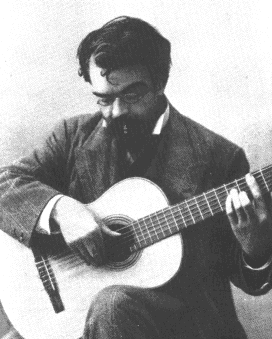About a year ago, someone went in the University of Texas campus and started shooting at random. Finally he shot himself to death. Fortunately, nobody (else) was killed.
I commented on this in a previous posting. I mentioned, inter alia, a personal experience, and also linked a news video
And here is a response I received, recently, by an angry commenter who doesn't dare reveal his identity:
Back to my point then: The angry commenter above really expresses the average gun owner in the US: Guns save life. Yes, in a society where guns are so much accepted, several people grow up by wanting more of them. One can't get rid of deeply rooted evils. It's just like religion: in a society where religion is the norm, you are an outcast if you don't go to church. I really feel sorry for friends in Midwest where they have to struggle to keep up with their neighbours' rejection just because they don't care to go to (any) church. They have no guns either.
Oh, incidentally, the typical bleeding heart liberal comment about me above makes me crack up.
I commented on this in a previous posting. I mentioned, inter alia, a personal experience, and also linked a news video
showing a policeman apparently stating that students should be mentally prepared that, now and then, a gunman may show up on campus and advises them to be alert.I concluded my posting by the following observation:
I wouldn't be surprised if further advice was given that people should carry guns in order to protect themselves. This is not uncommon in the US. Instead of trying to put a restriction on guns when fatalities happen, it is peculiar that they want exactly the opposite: they are convinced that gun fatalities can only be prevented by more guns.For it is often the case that Americans respond to gun fatalities by acquiring more guns.
And here is a response I received, recently, by an angry commenter who doesn't dare reveal his identity:
Absurd, huh? Except for the fact that whenever guns are taken away, crime goes up. Criminals don't worry about getting guns, they get them, they always get them. It's the law abiding people that turn them in. Get your data straight. Idiot. You typical bleeding heart liberal.There is a link between gun supporters and religious freaks. In my opinion, it is self-righteousness. They think that they are better than others (because, say, their god(s) speak(s) directly to them) and impose their will by "rolling up their sleeves and beat the others up". Just as Lao Tze described in Tao Te Ching, Ch. 38. Obama was right when, in 2008, remarked:
"They get bitter, they cling to guns or religion or antipathy to people who aren't like them or anti-immigrant sentiment or anti-trade sentiment as a way to explain their frustrations."Of course, back then, this was seen as a blunder. Obama (who I don't believe is really religious) had to play his cards right and be seen to go to church; otherwise, he would have decreased his chances of being elected.
Back to my point then: The angry commenter above really expresses the average gun owner in the US: Guns save life. Yes, in a society where guns are so much accepted, several people grow up by wanting more of them. One can't get rid of deeply rooted evils. It's just like religion: in a society where religion is the norm, you are an outcast if you don't go to church. I really feel sorry for friends in Midwest where they have to struggle to keep up with their neighbours' rejection just because they don't care to go to (any) church. They have no guns either.
Oh, incidentally, the typical bleeding heart liberal comment about me above makes me crack up.




